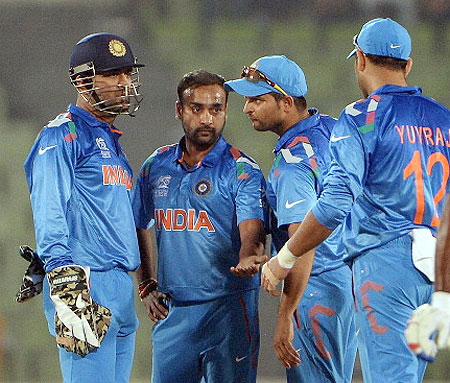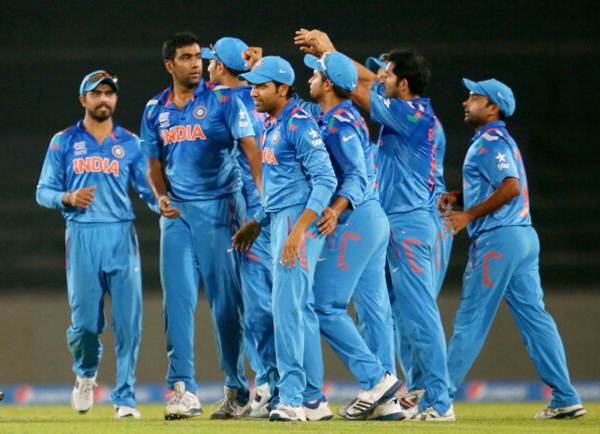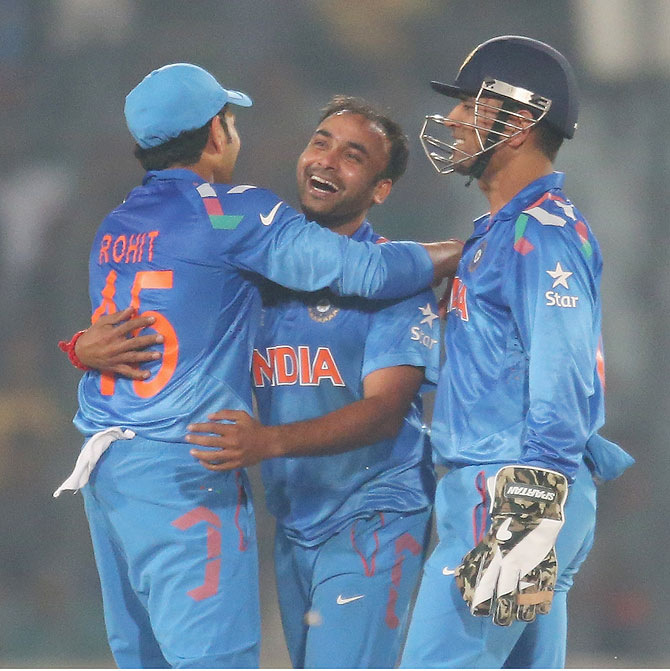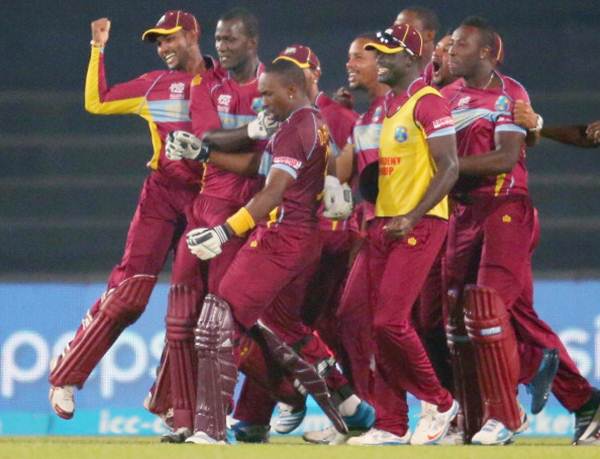
Now that the dust has settled on Sri Lanka's maiden World Twenty20 triumph in Bangladesh, leg-spinners across the world can raise a toast to a craft that shone against a barrage of power-hitting over the past three weeks.
Modern powerful bats, field restrictions and the brevity of the format instilled fears in many minds that Twenty20 cricket would reduce the rarest of slow bowlers to cannon fodder.
Yet, after the batting-fest in Bangladesh, three 'leggies' squeezed themselves among the tournament's top five wicket-takers with South African wrist spinner Imran Tahir (12 wickets) sharing top spot with Ahsan Malik, despite playing two games less than the Dutch paceman.
Three of the four semi-finalists included a leg-spinner among their ranks and 2012 winners West Indies, once famed for their pace battery, regularly opened with Samuel Badree, who finished with 11 victims in five matches.
Amit Mishra (10 from six) walked away with two successive man-of-the-match awards in India's victories against Pakistan and West Indies to prove leg spin was in rude health.
- Please click NEXT for more

Sri Lankan Seekkuge Prasanna and 20-year-old Australian James Muirhead also shone in limited opportunities to provide a glimpse of what appears a bright future for the esoteric art.
There was something common in their success.
All it took was some backing from their captains, who realised an attacking leg-spinner was a better option than a run-restricting off-spinner.
- Please click NEXT for more

Mishra's success would not have been possible had his captain not backed him to banish negative thoughts and bowl his full repertoire.
"I personally felt he was feeling a bit of nerves in the first game against Pakistan," Dhoni said after India's victory against their arch-rivals.
"I just went up and told him: 'You are known for turning the ball, you're someone who flights the ball, varies the pace. You've variations. So just don't keep bowling the straighter one or try to bowl just back of a length so that batsmen can't hit'.
"I told him: 'Your bigger strength will be to flight the ball and use that extra bit of bite in deceiving the batsmen'. I was really comfortable with the way he bowled after that.
"There will be odd games where, like other bowlers, he would also get hit but it's important that he backs his strength and his strength will always be using the flight and using the variations that he has got."
- Please click NEXT for more

West Indies skipper Darren Sammy displayed the same trust in Badree, consistently tossing the new ball to the lanky tweaker, who rarely let his captain down.
Even Australia skipper George Bailey acknowledges what a leg-spinner brings to the table.
"I like the option of having leg-spinners in the side because they are match-winners and wicket-takers. They force batsmen to do something different," said Bailey, whose team landed in Bangladesh seeking the only trophy eluding them but crashed out of contention after a hat-trick of defeats.
Team mate Brad Haddin agreed, the wicketkeeper having watched the leg-spinners from the vantage point behind the stumps.
"Wrist spinners are dangerous in any format. Conditions have ensured that the real wrist spinners have been very effective in this tournament," Haddin told reporters during the tournament.
"They are an asset to have in your team, especially in Twenty20 cricket when they turn the ball big and the batsmen are going hard."